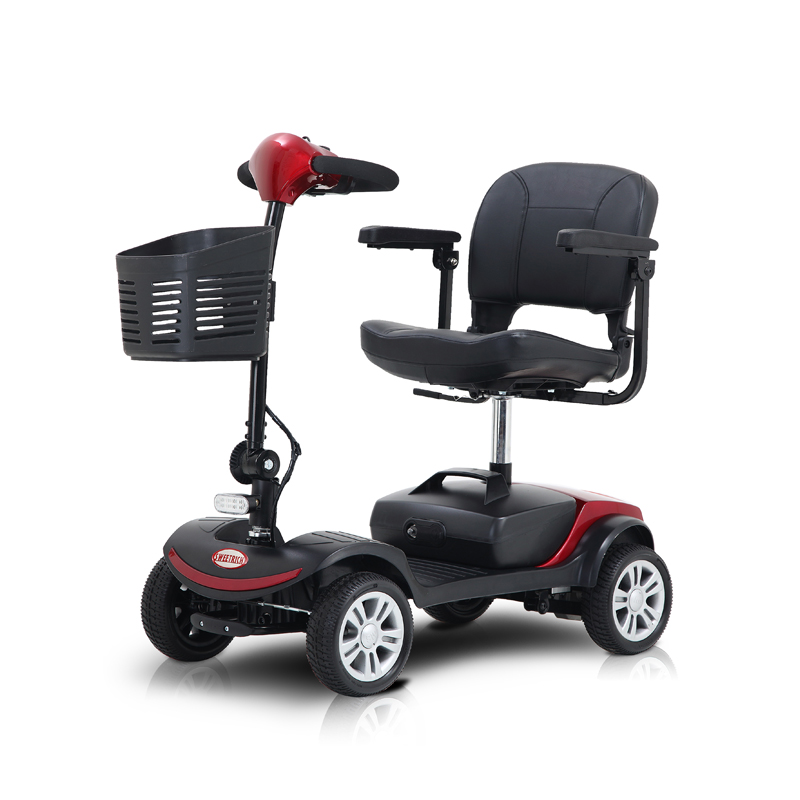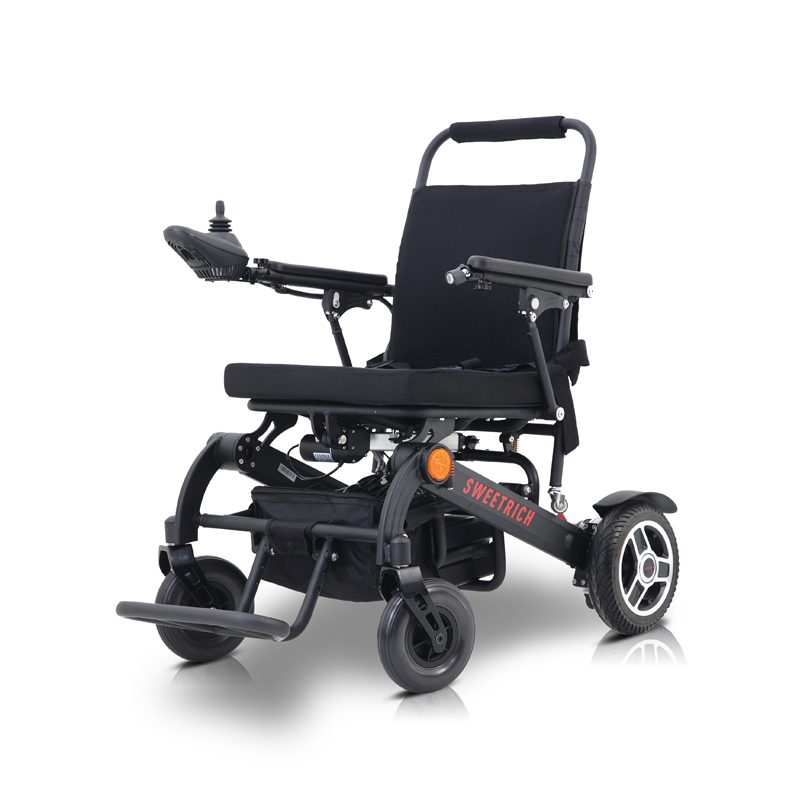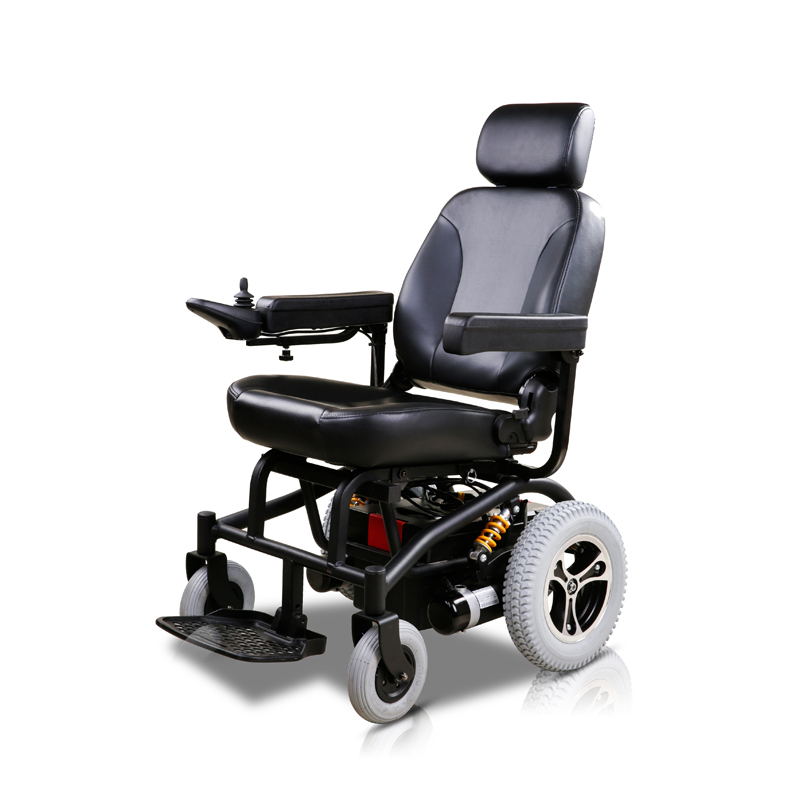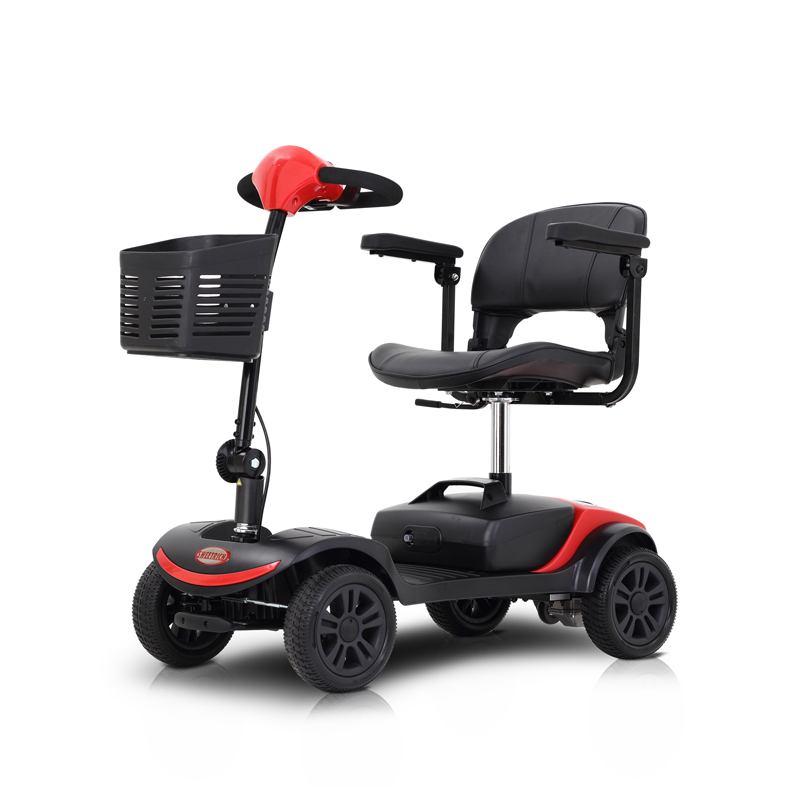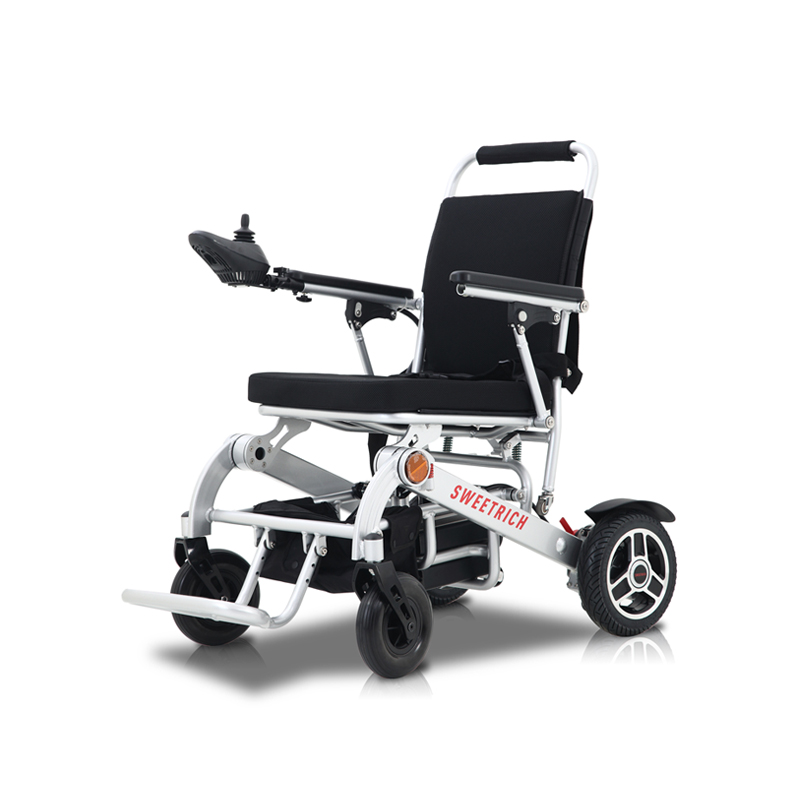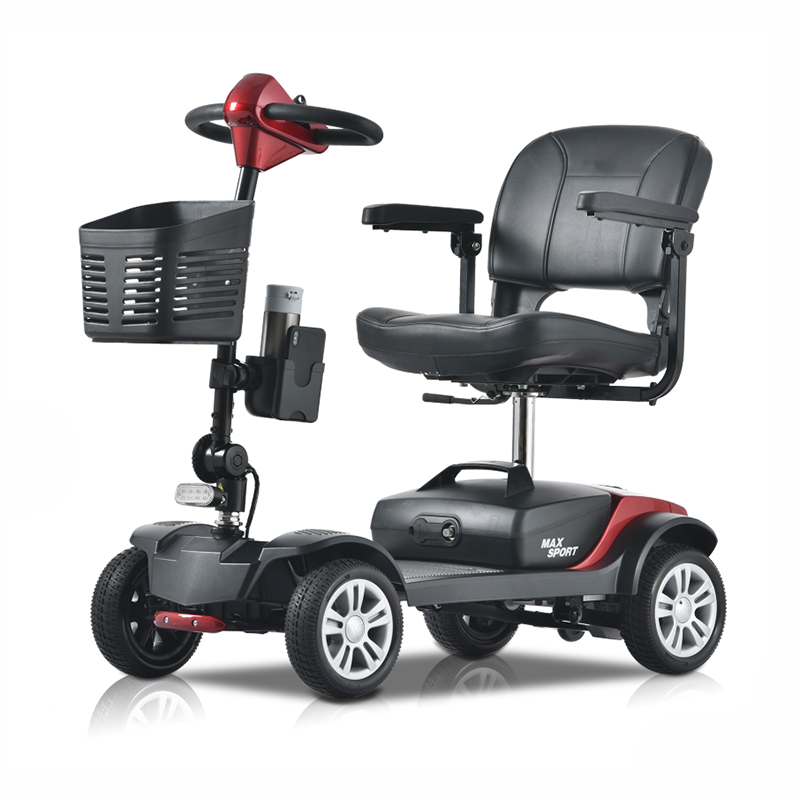In today's fast-changing transportation landscape, Wholesale Lightweight Scooter solutions are essential for both environmental sustainability and urban efficiency. These scooters not only redefine the design of personal mobility through the use of eco-friendly materials but also reshape the broader transportation ecosystem in modern cities. Their dual role in sustainable innovation and urban integration positions them as a transformative force in mobility.
Eco-Friendly Materials, Durable Design
- Recycled Aluminum: Durability with Responsibility
Aluminum has long been a key material in scooter design, but incorporating recycled aluminum adds new significance. It retains the same corrosion resistance, durability, and rigidity as primary aluminum while lowering the carbon footprint linked to mining and refining. Recycled aluminum is particularly valuable for handlebars, wheel mounts, and brackets, where strength and precision are vital. Since the recycling process preserves the material’s quality, manufacturers can ensure consistent performance. From a wholesale perspective, this choice highlights a brand’s environmental responsibility, which is becoming increasingly influential as consumers make decisions based on sustainability commitments. - Carbon Fiber: Strength with Lightweight Advantage
Carbon fiber has been associated with aerospace and high-performance industries due to its strength-to-weight ratio. In lightweight scooters, it provides a strong yet portable frame capable of withstanding daily wear and tear. Frames built with carbon fiber can absorb the repeated pressures of urban terrain, from curbs and potholes to uneven roads. At the same time, carbon fiber offers portability for riders who rely on folding scooters to bring into buses, offices, or apartments. This matches modern consumer expectations for convenience. Wholesale suppliers also benefit, as reduced frame weight can lower transportation costs and improve distribution efficiency. - Biodegradable Plastics: Thoughtful Components
Scooter parts such as grips, fenders, and covers often require plastics. Traditionally, petroleum-based plastics dominated this space, but biodegradable alternatives are gaining traction. Sourced from renewable resources like corn starch, sugarcane, or cellulose, these plastics break down faster under natural conditions than conventional options. For scooters, biodegradable plastics strike a balance between functionality and eco-consciousness. They can be crafted into ergonomic grips, sleek covers, or lightweight guards without losing durability during everyday use. Although their lifecycle is tailored to specific usage periods, they help reduce long-term waste accumulation. Manufacturers offering products with these materials provide wholesalers with models that balance design appeal and ecological standards.
One of the main challenges in developing lightweight scooters is achieving durability while maintaining sustainability. Recycled aluminum, carbon fiber, and biodegradable plastics are increasingly integrated into production processes to build frames that combine resilience with environmental responsibility.
Beyond the Lightweight Frame
The use of advanced materials also supports the addition of enhanced features without sacrificing portability. Strong yet lightweight frames allow for integrated lighting systems, digital displays, or adjustable seating. These elements improve safety and comfort while broadening the scooter’s appeal to a wider audience. For wholesalers, supplying models that combine eco-materials with practical innovations creates opportunities to meet diverse customer needs.
Role in First- and Last-Mile Connections
Beyond design, lightweight scooters are crucial in solving one of urban mobility’s persistent challenges—the “first mile” and “last mile.” Commuters often need quick, affordable transport between transit hubs and their final destinations. Scooters offer a seamless bridge, encouraging greater reliance on public transportation and reducing dependence on cars. This shift enhances transportation system efficiency and supports citywide goals to lower congestion.
Environmental Benefits for Urban Centers
Urban areas are under increasing pressure to reduce emissions and improve air quality. Lightweight scooters equipped with efficient battery systems deliver zero-emission travel for short trips. Their compact size lowers energy use per mile, while the use of sustainable materials further enhances environmental impact. For wholesalers, offering scooters that prioritize sustainability—whether through recycled components or energy-efficient batteries—positions them as contributors to municipal climate initiatives.
Reducing Congestion, Expanding Accessibility
Scooters also ease congestion since they take up minimal road and parking space. Their agile handling makes them suitable for navigating crowded streets, while foldable or modular designs add storage convenience for commuters. Inclusivity is also addressed through thoughtful design features such as adjustable handlebars, stability-focused wheels, and ergonomic builds, ensuring safe and accessible mobility for a wide range of users.
Shared Mobility and Economic Potential
Shared scooter programs are increasingly popular in cities, offering cost-effective and flexible transportation without the burden of ownership. Wholesalers play a critical role by providing durable, low-maintenance models designed for daily, intensive use. Features such as swappable batteries, GPS tracking, and app integration further enhance fleet management efficiency. These systems not only open new opportunities for fleet operators but also create economic benefits for cities, such as jobs in maintenance and logistics and reduced strain on public transit. For wholesalers, aligning product offerings with these trends helps maintain competitiveness in the expanding shared mobility market.
Smart Cities and the Future of Design
As urban infrastructure grows more intelligent, lightweight scooters are integrating into data-driven mobility networks. Advanced materials, digital connectivity, and sustainable battery innovation enable scooters to deliver real-time performance insights. Urban planners can use this data to optimize infrastructure, while suppliers can adapt designs to match evolving market demands.Sweetrich highlights how lightweight scooters, through sustainable design practices and integration into urban transport systems, represent the convergence of technology, environmental responsibility, and modern mobility solutions.

